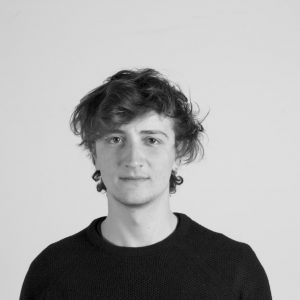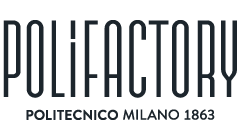
Mattia Ventrella
Product Designer - Talent in Residence
Mattia Ventrella graduated with honors in Industrial Design at the University of Florence, in 2016, with a thesis entitled: “Not refugees but men, temporary living as a tool for the integration”. In 2017, he moved to Milan to undertake the Master’s course in Integrated Product Design at the Politecnico di Milano where at the end of the course he undertook a degree thesis, with Venanzio Arquilla and Patrizia Bolzan, focused on defining new forms of professionalization for the new generations of designers. Always focused on social design, in recent years he has developed an interest in open innovation, in particular in the areas of healthcare and the circular economy.
Abstract
In recent years the number of schools for the project has grown exponentially in Milan. At the end of the educational path, the trained professionals are faced with a job offer that manages to select from a wide range of candidates, mainly offering the opportunity for an educational experience and inadequate financial compensation. These realities end up relying on this type of working relationship without providing an opportunity for professional growth and without
guaranteeing the right recognition in the contribution to the project.
Hand in hand, a different aspiration for the project emerges among the new generations; in a world saturated with products there is an awareness of the need for a systemic change that allows industrial production to reduce its impact. This thesis aims to study new ways of professionalizing designers through the analysis of failure and the re-evaluation of a regeneration project of an abandoned industrial complex in the Brianza area.
The goal is to allow the new generations to accelerate their careers by offering them a multidisciplinary productive environment that guarantees a direct comparison with the network of companies and artisan realities in the area for an exchange of knowledge that allows all subjects a growth in line with new global and consumer needs.
This takes place within a Hub developed on the themes of production and work that exploits a dynamic creative mass for the critical use of digital fabrication tools and comparison with entrepreneurship, offering young professionals a place with a horizontal organizational structure where you can work and experiment generating a collaborative economy. The combination of these relationships generates a reference point for the community in the area, offering services for training and work development, succeeding, thanks to research and consultancy to companies, to sustain themselves.


